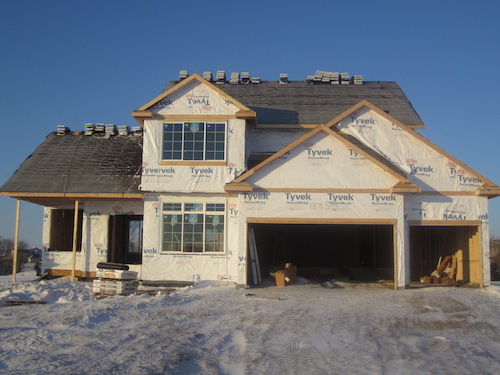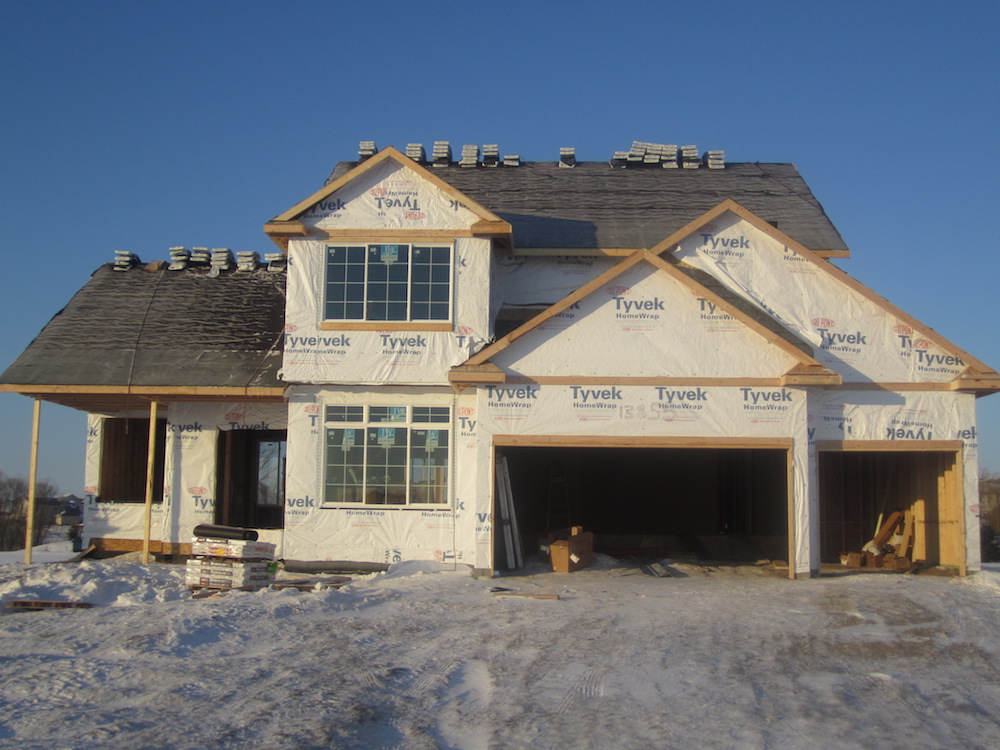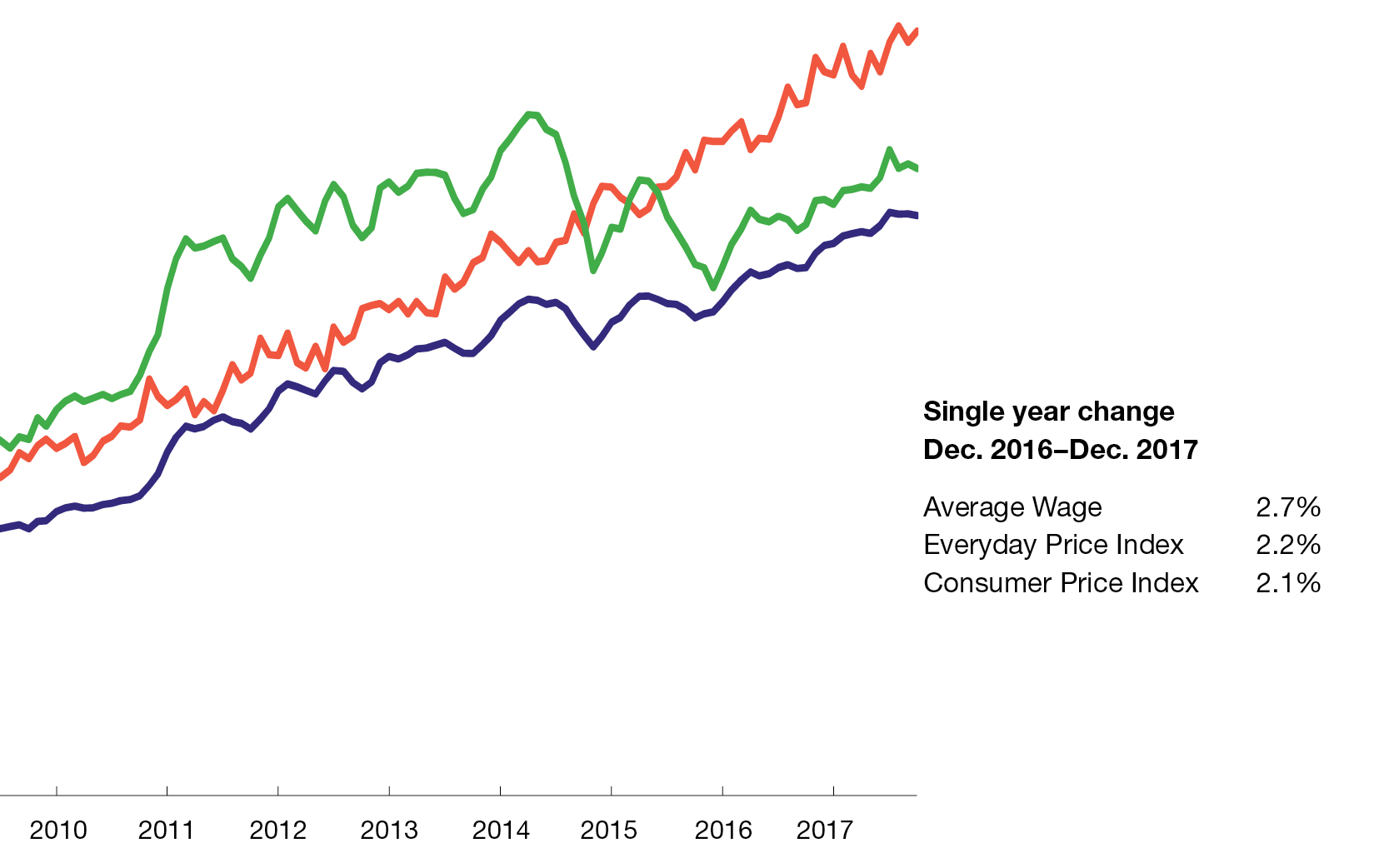The Tax Code Should Not Be Used to Influence Home Buyers

The tax-reform bill forged by the House and Senate and signed by President Trump will restrict the mortgage-interest deduction by applying it to only the first $750,000 of new home loans rather than the current $1 million. The original House bill would have cut the cap to $500,000, while the Senate bill would have maintained the status quo. But no matter what the cap is, the home-building industry and real estate profession is unhappy. Why?
Because the new law will nearly double the standard deduction, currently $6,350 and $12,700 for single and joint filers respectively, to $12,000 and $24,000. (The $4,050 personal exemption for each household member would end.) Doubling the standard deduction would reduce the number of people who itemize deductions, making the mortgage-interest deduction, like other deductions, irrelevant for even more taxpayers than it is today.
Lots of people already take the standard deduction: over 68 percent of households, the Tax Foundation says. That percentage would go nowhere but up if the standard deduction were doubled.
Hence the housing industry’s frustration.
This matter shines a light on the very relationship between the government and the people. Perhaps the most revealing statement during the tax debate was made by Jerry Howard, chief executive officer of the National Association of Home Builders, who said, “We’re looking at the current draft plan as an assault. By raising the standard deduction you put money in people’s pockets, yes, but you’re not encouraging them how to use the money” (emphasis added). Why should the tax code encourage a certain form of spending?
Politico reports that “the National Association of Realtors, the National Association of Home Builders and their allies, are aligned against … a higher standard deduction that they say could hurt homeowners” (emphasis added).
But why would freeing homeowners to spend their own money without strings hurt them? Methinks we have a case of what Bruce Yandle has dubbed “bootleggers and Baptists,” in which self-interest lurks behind a moral appeal for a government intervention. The classic case was the tacit alliance in favor of alcohol prohibition between religious authorities and owners of moonshine stills.
This raises a fundamental question: should politicians allied with special interests use the tax code explicitly to influence behavior, whether it be to buy homes, make charitable donations, or anything else? Or should taxes (if we must have them) be intended for nothing more than raising revenue? (By their nature, taxes must have the effect of influencing behavior somewhat.)
If we value freedom and free markets, the case is clear cut against the government’s using tax incentives and disincentives to affect behavior thought worthwhile or undesirable.
Why should the government encourage homeownership? Even if homeownership were intrinsically good — one has trouble seeing that it is, especially after the 2008 housing-market crash — that would be no justification for a government nudge. (We’ve already seen the vested financial interests behind it.)
But does it even accomplish its ostensible goal? No, it does not, and no one should be surprised. When the government stimulates demand for houses by allowing a tax deduction for mortgage interest, and the supply remains unchanged, prices rise. This will be especially pronounced in places where land-use restrictions are most severe. The mortgage-interest deduction thus helps home builders, real estate agents, lenders, and existing-home sellers who don’t intend to buy again — but not home buyers, especially lower-income people.
Those who defend the deduction in terms of the American Dream can’t point to other countries for comfort. Jason Fichtner of the Mercatus Center writes that “the United States has a lower homeownership rate (65 percent) than a number of countries that do not have mortgage interest deductibility, including Italy (71 percent), Australia (70 percent), Canada (68 percent) and the United Kingdom (68 percent).”
Jeffrey Dorfman writing in Forbes concludes, “If the mortgage interest deduction only increases mortgage debt [as found in this Denmark study] and home prices, not home ownership, then it is a failed policy and its repeal should be considered.” Dorfman adds that those who now gain advantage from the deduction are “benefitting from a government-encouraged misallocation of resources to the housing sector.”
That some will be harmed by the loss of a tax deduction is no reason to continue the government’s misallocation of scarce resources. Ilya Somin of Antonin Scalia Law School writes, “The deduction subsidizes the purchase of relatively expensive houses. As a result, it artificially skews the real estate market toward utilizing more space for large, single-family homes, and less for multifamily rental housing of the kind needed by the working and lower-middle class.”
Thus many others would benefit from market-guided reallocation of those resources.
It’s time to ditch this deduction. Since the government would gain revenue as a result — $77 billion — it should cut tax rates across the board by even more than the new law does.







